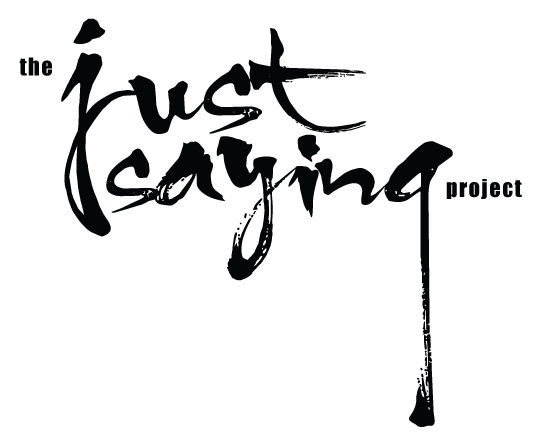Real Antidotes to Imposter Syndrome
How many times have you said, “Fake it till you make it”?
Or heard another capable, accomplished, high-achieving woman say it with a half-laugh —
“I’m just faking it until I make it.”
It’s become part of our cultural script. A shorthand for courage, maybe. A shield.
But let’s be honest — it’s also a symptom.
It plays directly into the story so many of us carry that we’re not ready, not qualified, not enough.
It’s the story of imposter syndrome.
I’m sure you’ve heard of it.
Most of us are living with it.
But here’s the better question: how do we recover from it?
How do we stop treating “fake it till you make it” as a strategy and start embracing something real, something that doesn’t require us to pretend?
After I had my son, I began writing — sharing stories about being a woman, a first-time mum, and living in a regional town.
It began simply: words, reflections, honesty. From there came a Facebook page. The community grew. Events followed. It evolved naturally into a space where women could see themselves — their challenges, joys, doubts, and resilience — reflected.
Looking back, I think what resonated most wasn’t polish or perfection. It was vulnerability.
Women connected not because I had it all figured out, but because I didn’t — and I was willing to say so.
That’s where I learned something powerful: authenticity is influence.
Not because it makes you aspirational, but because it makes you relatable.
Recognising the Stir of Imposter Syndrome
You know the feeling: the chest tightens.
That small, sharp thought whispers: “Who are you to talk about this?”
When it shows up, I do three things. They’ve become my antidotes — my way of keeping imposter syndrome from running the show.
1. I name it — out loud
I say: “Ah, there you are.”
Naming the doubt disarms it. It’s not the truth; it’s just fear, showing up in disguise. When I name it, it loses its power.
2. I remind myself of the story
Ten years. Thousands of moments.
Women standing a little taller, finding their voice, rediscovering who they are. Regional women creating ripple effects of courage and connection. These are the proofs that what we do matters.
Imposter syndrome thrives on forgetfulness.
So I remind myself — this isn’t theory. It’s real. It’s lived.
3. I shift the lens
Imposter syndrome isn’t a sign of weakness. It’s often a sign of growth.
It shows up when you’re stretching into new ground, when your world is expanding faster than your comfort zone.
That discomfort? It’s a signal. It means you’re doing something worth doing.
Why fake it till you make it doesn’t work? Well on the surface, it sounds empowering — but underneath, it tells us to perform confidence we don’t yet feel.
To mask the mess.
To stay shiny.
And that’s exhausting.
I’ve never had it all worked out. I’m still learning, evolving, stumbling forward.
And I think being honest about that is one of the greatest antidotes we have.
When we drop the mask, we make space for other women to breathe.
That honesty is not weakness — it’s the balm.
A salve for every woman who’s been told she must be perfect before she can be powerful.
Over the years, my work has evolved from personal storytelling into what I’d call thought leadership — not because it’s about my ideas, but because it’s about impact.
For me, influence means using your voice to light a path for someone else.
It’s not about being aspirational from afar; it’s about being relatable up close.
If someone feels braver, stronger, or less alone after engaging with my work or The Just Saying Project, then I’ve done my job.
Because influence, at its best, is not a performance — it’s a responsibility.
If imposter syndrome creeps in — good.
It means you care. It means you’re growing.
You don’t need to fake it.
You just need to feel it, name it, and keep going anyway.
That’s what real women do.
That’s what leadership looks like.
And maybe — just maybe — that’s how we start recovering from the story that told us we had to pretend in the first place.
